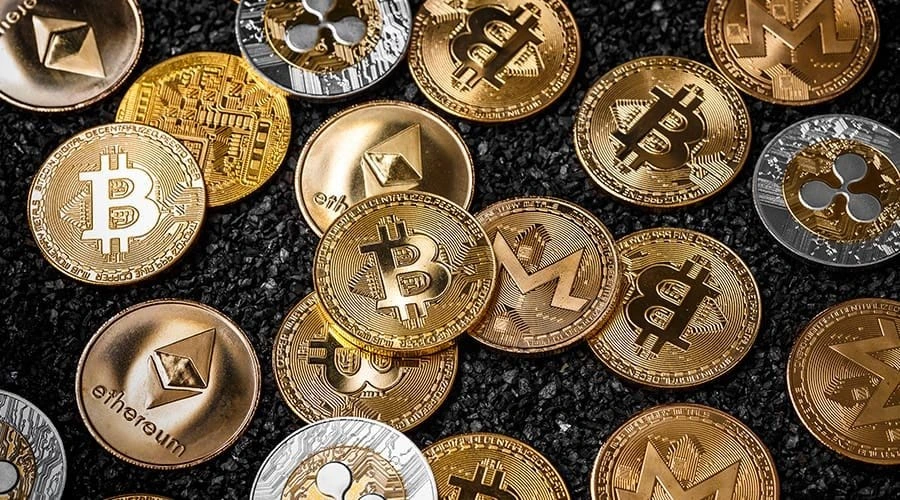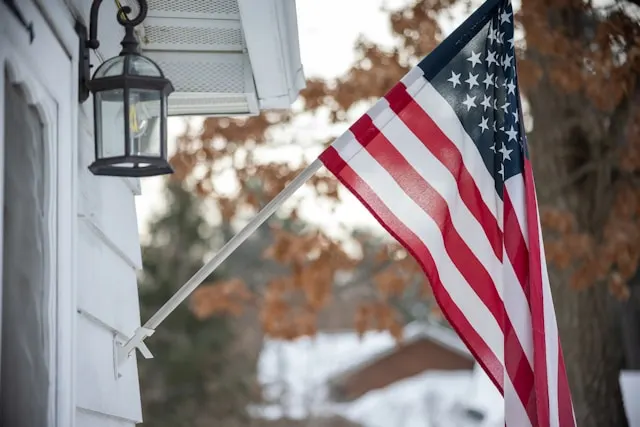PROTECT YOUR DNA WITH QUANTUM TECHNOLOGY
Orgo-Life the new way to the future Advertising by Adpathway(Analysis) Forty years after the end of military rule, Brazil’s democracy faces its most severe test since re-democratization.
Once a beacon of post-authoritarian transition, the country now finds itself in the throes of institutional crisis, marked by judicial overreach, eroding civil liberties, and deepening political polarization.
This analysis examines the roots and consequences of Brazil’s democratic backsliding, integrating recent developments and international perspectives.
The Judiciary’s Ascendancy and Institutional Imbalance
The Supreme Federal Court (STF) has emerged as the most powerful institution in Brazil’s political landscape.
Originally designed as a guardian of the Constitution, the STF has expanded its mandate to initiate investigations and act as both prosecutor and judge. It can also unilaterally reinterpret or nullify legislation.
This concentration of authority has fundamentally altered the balance of power envisioned by the 1988 Constitution, which sought to prevent the dominance of any single branch of government.
 Brazil’s Fragile Democracy: A Critical Analysis. (Photo Internet reproduction)
Brazil’s Fragile Democracy: A Critical Analysis. (Photo Internet reproduction)The Court’s recent rulings, particularly on internet regulation, have gone beyond traditional judicial review.
By imposing broad liability on digital platforms for user-generated content, the STF has effectively curtailed online speech and set a precedent for state intervention in public discourse.
International observers, including the Economist Intelligence Unit, have warned that such actions undermine democratic norms and threaten the separation of powers.
Freedom of Expression and the Chilling Effect
Freedom of expression, a cornerstone of any functioning democracy, has come under sustained pressure.
The STF’s decisions have led to unprecedented censorship, including the temporary suspension of major social media platforms.
There have also been threats of platform-wide bans for non-compliance with content removal orders.
These measures have created a climate of self-censorship and legal uncertainty, stifling public debate on critical issues. Public perception reflects this erosion of rights.
According to a 2023 Latinobarómetro survey, 64% of Brazilians believe that freedom of expression is inadequately guaranteed—a figure significantly higher than the regional average.
Critics argue that the judiciary’s expansive interpretation of its powers has politicized the courts, transforming them from neutral arbiters into active participants in the country’s ideological battles.
The Erosion of Parliamentary Immunity and Due Process
The weakening of parliamentary immunity has further undermined Brazil’s democratic safeguards. Lawmakers have faced investigations and prosecutions for speeches made within Congress.
This practice has been condemned by international human rights bodies as incompatible with legislative independence.
The aftermath of the January 8, 2023 riots exposed further deficiencies: hundreds were prosecuted with scant individualized evidence.
Many were denied basic legal rights or kept in jail despite contrary evidence. Virtual trials, in which judges rule without reviewing defense materials, have become commonplace, eroding the right to a fair hearing.
Political Polarization and the Shadow of Authoritarianism
Brazil’s democratic crisis cannot be understood without reference to the country’s deepening political polarization.
The rise of authoritarian populism, particularly under former President Jair Bolsonaro, weakened welfare systems, attacked democratic institutions, and spread conspiracy theories about the electoral process.
Bolsonaro’s open antagonism toward the judiciary and refusal to accept electoral defeat culminated in what is seen by the judiciary as a failed coup attempt of January 2023, further straining institutional trust and stability.
The current administration, while rhetorically committed to democratic norms, has struggled to restore public confidence.
Instead, the judiciary’s assertiveness has filled the vacuum, but at the cost of exacerbating societal divisions.
It has also fueled perceptions of “soft authoritarianism”—a system in which formal democratic procedures persist, but fundamental rights and institutional checks are hollowed out.
International Standing and the Path Forward
Brazil’s standing in international democracy rankings has suffered. In 2024, the country was classified as a “flawed democracy,” ranking 57th out of 167 countries.
Analysts are citing judicial overreach, threats to civil liberties, and persistent political violence as key factors in its decline.
Public trust in institutions remains low, and the specter of further democratic erosion looms large. Restoring Brazil’s democratic vitality will require more than rhetorical commitments.
It demands a rebalancing of institutional powers, robust protections for civil liberties, and a renewed commitment to the rule of law.
The alternative is the entrenchment of a system where democratic forms endure, but their substance is lost.
Brazil’s crisis is not the result of a single event or a return to overt dictatorship, but rather a gradual, multifaceted erosion of democratic safeguards.
The challenge now is to recognize the depth of this crisis and to act decisively to restore the foundations of genuine democracy.
The Economist Intelligence Unit, Democracy Index 2024
Human Rights Watch, World Report 2024: Brazil
Latinobarómetro 2023


 3 days ago
5
3 days ago
5










 English (US) ·
English (US) ·  French (CA) ·
French (CA) ·  French (FR) ·
French (FR) ·